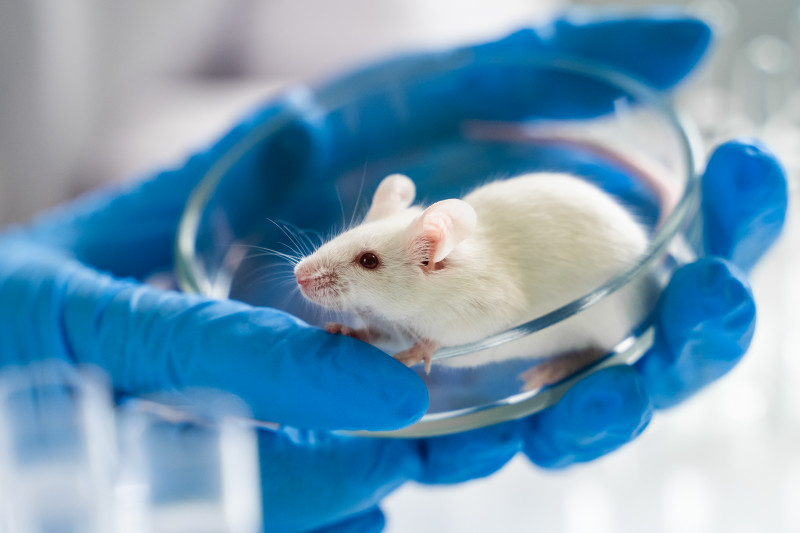Amino Acid Metabolite Shows Anti-inflammatory Potential
Written by |

Egoreichenkov Evgenii/Shutterstock
A natural, small molecule called 3-HKA) has shown potent anti-inflammatory activity in lab tests and mouse models of immune-related diseases, a study found.
The findings suggest that molecules that mimic 3-HKA (3-hydroxy-L-kynurenamine) may serve as broad-acting therapeutics to protect against inflammation in several autoimmune and inflammatory diseases, including multiple sclerosis (MS).
The study, “3-hydroxy-L-kynurenamine is an immunomodulatory biogenic amine,” was published in the journal Nature Communications.
The standard treatment for MS and most autoimmune diseases still relies on high-dose corticosteroids, such as prednisone and dexamethasone. But these medications have significant side effects.
More recent antibody therapies have better outcomes, but these therapies need to be administered intravenously (into-the-vein) and may lose their effectiveness if patients develop immune responses that counteract their activity.
In this new study, researchers at the Weill Cornell Medicine in New York, and the University of Perugia in Italy, discovered the small molecule (3-HKA) that has anti-inflammatory properties.
“Right now, there is an acute need for new ways to treat autoimmune and inflammatory diseases, and we are very excited by the possibilities opened up by the discovery of this potent molecule,” Laura Santambrogio, MD, PhD, said in a press release. Santambrogio is associate director for precision immunology at Weill Cornell Medicine and one of the study’s senior researchers.
The researchers first saw that that the levels of 3-HKA were elevated in mice’s lymph — the fluid that flows through the lymphatic system and removes waste products from tissues — following the injection of interferon (IFN) gamma, a potent pro-inflammatory molecule.
3-HKA is a product from the metabolism of tryptophan, an amino-acid — a building block of proteins — obtained from the diet. It also is important as a precursor for several key cell players, including hormones and the neurotransmitter serotonin. Neurotransmitters are substances produced in response to nerve signals that act as chemical messengers.
More recent research has shown that tryptophan is used by certain immune cells, such as dendritic cells, to produce kynurenines, which are molecules that have immune-suppressing activities, as a way to dampen excessive immune responses.
Using both mouse and human dendritic cells in lab tests, the researchers observed that following treatment with IFN-gamma the cells secreted high levels of pro-inflammatory signalling molecules (cytokines), including tumor necrosis factor (TNF) and interleukin (IL)-6.
However, this was reduced markedly when 3-HKA was added to the culture. Further experiments showed that 3-HKA inhibited a major inflammatory pathway called STAT1/NF-κB.
3-HKA then was tested in mouse models of psoriasis, an autoimmune condition that affects the skin, and of nephrotoxic nephritis, a degenerative inflammatory kidney disorder.
In both models, 3-HKA led to a marked inhibition of inflammation. It also decreased the infiltration of immune cells and the release of pro-inflammatory cytokines in the mouse model of psoriasis, and extended the survival of animals with nephrotoxic nephritis.
“It was really amazing to us that a previously undiscovered metabolite of tryptophan would have such powerful immune-suppressing effects,” said Cristina Clemenent, PhD, research assistant professor at Weill Cornell Medicine and the study’s first author.
The researchers have submitted a patent application and intend to develop molecules that mimic the anti-inflammatory activity of 3-HKA in a sustained manner as potential therapeutics for a variety of autoimmune and inflammatory disorders.
They also found that 3-HKA was particularly abundant in breast and lung cancer cells, which suggests that cancer cells may produce this molecule as a way to evade anti-tumor immune responses.
The findings suggest that the development of inhibitors against 3-HKA may make cancer cells more “visible” to the immune system’s anti-tumor responses and immunotherapies.



